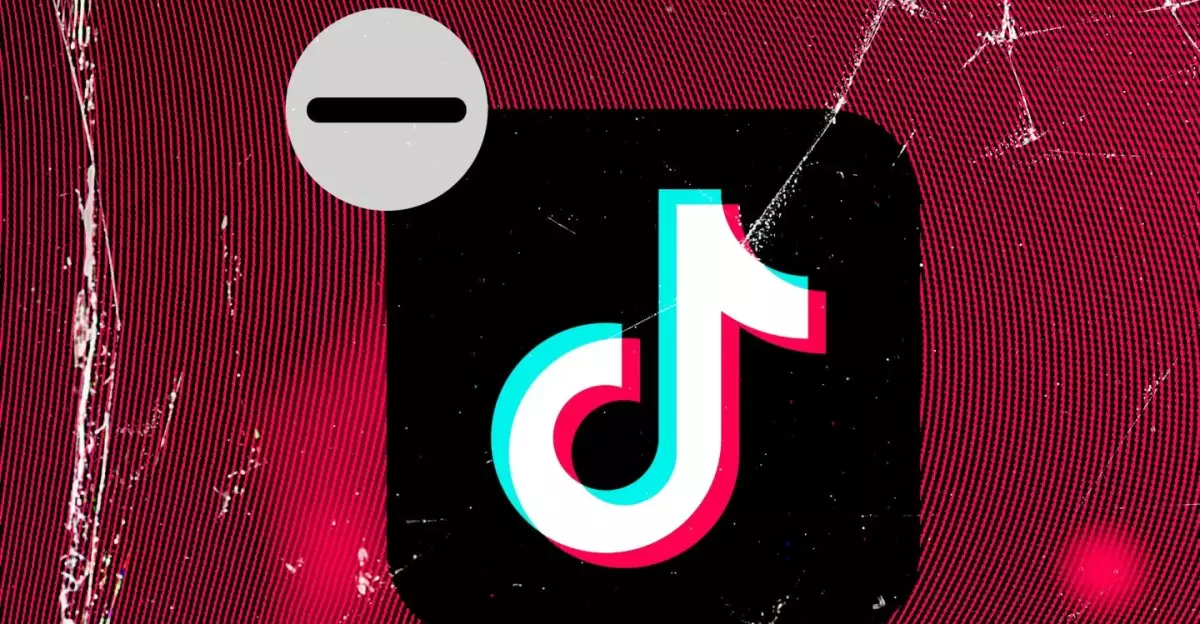In a notable turn of events, tech giants Apple and Google have re-included TikTok in their respective app stores, making it available once again for both iOS and Android users. This restored access comes nearly a month after the app faced a national ban, highlighting the intricate relationship between technology companies and governmental regulations. The return of TikTok is not merely a decision made in isolation; it is a culmination of efforts surrounding legal assurances and the ongoing political discourse around data privacy and application regulations.
The path to TikTok’s reinstatement was influenced significantly by the involvement of US Attorney General Pam Bondi, who communicated with Apple to alleviate concerns regarding potential legal ramifications. According to reports, she assured Apple that hosting TikTok would not attract penalties, serving as a pivotal moment for both companies. This development is noteworthy as it portrays the extent to which corporations may depend on government assurances to navigate the complex world of app regulation, particularly in cases involving foreign entities and data privacy concerns.
Political Maneuvering and App Ownership
The matter of TikTok’s future is further complicated by the political landscape, particularly under the Trump administration. Reports indicated that former President Trump had assigned Vice President JD Vance with overseeing potential negotiations regarding the sale of TikTok. This situation raises critical questions about the implications of foreign ownership in tech and the lengths to which the government will go to ensure digital platforms align with national security interests. The ongoing discussions about a possible sale emphasize the volatile nature of TikTok’s existence within the American tech ecosystem and reflect broader anxieties over data safety.
The original ban on TikTok was enforced in January under a legal framework that aimed to prohibit applications owned by China-based company ByteDance. This move resonated with a growing movement in the U.S. to scrutinize and regulate foreign tech companies amid fears of data misuse and cybersecurity threats. Although President Trump’s executive order on January 20 temporarily prevented immediate enforcement of the ban, the pressures on Apple and Google to comply with existing laws enhanced the urgency of their actions.
The reinstatement of TikTok raises important reflections on the responsibilities of tech giants in managing app listings within their stores. The impact of political decisions can sometimes dictate the availability of applications crucial for social interaction and creativity. The tech firms, while embracing a marketplace that thrives on innovation, must also navigate the treacherous waters of international relations and regulatory frameworks. This complex interplay between technology, politics, and consumer access is a defining trait of the modern digital age, where the fate of an application can hinge upon shifting legal and political landscapes.
The reinstatement of TikTok in app stores not only signifies a win for users of the platform but also exposes the intricate dynamics at play between technology companies and governmental powers. It serves as a reminder that in the realm of digital innovation, adaptability is essential, as the frameworks governing these technologies are constantly evolving.

